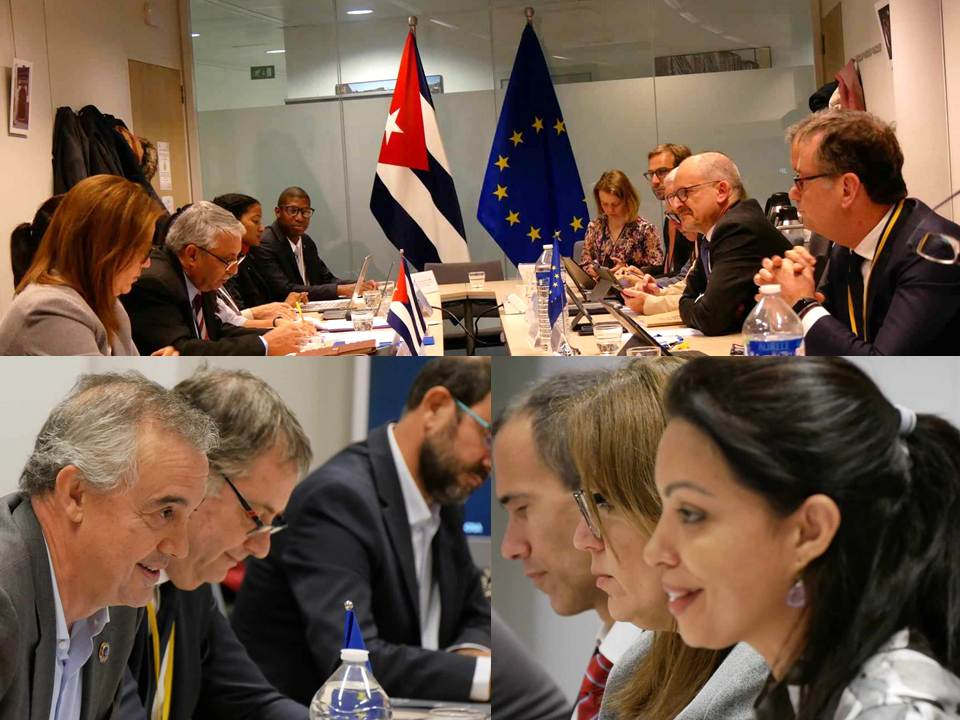
By María Josefina Arce
In 2016, Cuba and the European Union signed the Political Dialogue and Cooperation Agreement, which put an end to the so-called Common Position, a discriminatory and interfering behavior dictated by the United States and implemented against the Caribbean nation in the 1990s. .
Both parties periodically review the implementation of the agreement, which in these eight years has contributed to enriching and intensifying bilateral relations in various areas.
As part of this mechanism, since the 18th, Cuba and the European Union have reviewed in Brussels, the Belgian capital, various aspects such as the execution of cooperation projects in areas such as renewable energy sources and biotechnology.
These initiatives, according to the information, will begin to materialize in the coming months, and in the case of clean energy it is a support for the effort deployed by the Greater Antilles to change its energy matrix.
Also in this Fourth Implementation Cycle of the Agreement, coercive measures were exchanged. The forum was a continuation of the one held in March 2021 on the same topic.
Cuba updated on the damage caused to the Cuban people by the North American blockade, given its intensification with more than 200 measures, adopted during the COVID 19 pandemic by then-president Donald Trump.
Measures that are largely maintained today, despite the fact that during his electoral campaign the current tenant of the White House, Joe Biden, promised a change in policy towards Cuba, and that every year the UN General Assembly condemns the economic blockade by a large majority.
It is a fact that the extraterritorial nature of the North American blockade, as Cuba has repeatedly denounced, affects the economic and commercial ties between Havana and Brussels.
It is no secret that the United States persecutes European citizens, companies and banks that maintain relations with the Caribbean nation, and that they are subject to fines and other intimidating actions.
This hostile scenario is reinforced with the inclusion of Cuba again in 2021, also under the Trump administration, in the spurious list of countries supposedly sponsoring terrorism, which generates negative consequences for the Cuban economy.
Its impact has repercussions on commercial ties, but also on the possibilities of obtaining credits and making payments for goods and supplies essential for the advancement of the country.
The Political Dialogue and Cooperation Agreement between Cuba and the European Union has made it possible in recent years to expand and strengthen bilateral ties, based on mutual respect and trust.

